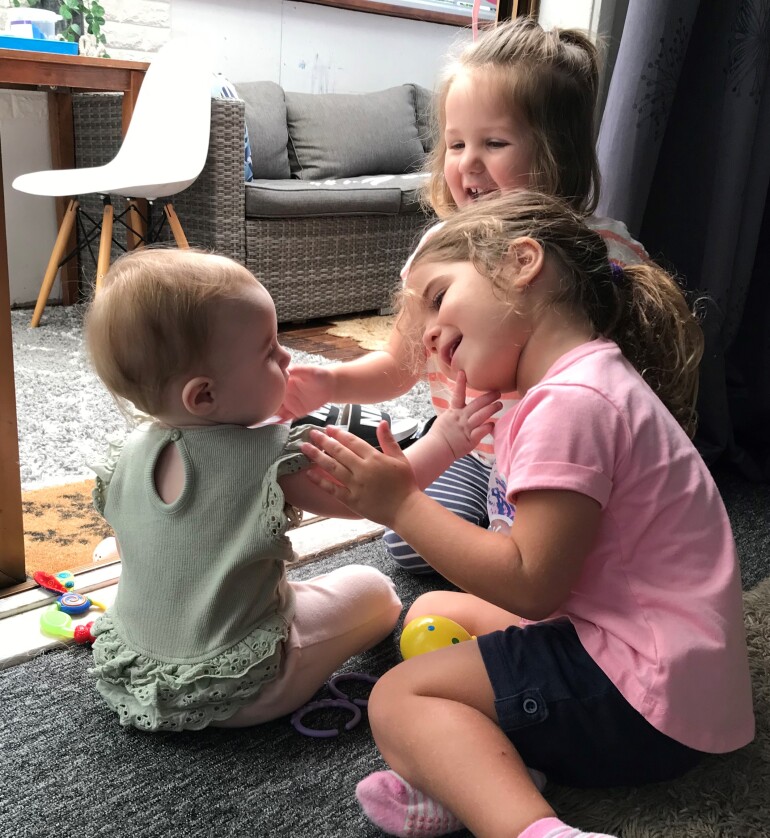News And Events

Playful Language
16 May 2022At Nurtured at Home, Educators use a range of strategies to provide a language rich environment for tamariki of all ages. The following information is taken from the resource "Talking Together" which can be found on www.tewhariki.tki.org.nz
"Interacting with a sense of playfulness is one very effective way kaiako encourage language and communication learning. It is particularly valuable for developing phonological awareness (recognising and working with the sounds of spoken language), a leading predictor for reading and writing success.
Pēpi and tamariki enjoy humour, funny voices, and nonsense words and rhymes. When you are playful with gesture and speech sounds, tamariki are more likely to experiment and see language as something that can delight others.
Being playful with language and sound is less about materials and more about the sense of fun and engagement kaiako bring to their everyday interaction.
Immerse pēpi and tamariki in rhyme and rhythm through waiata, stories, poems, nursery rhymes, and made up ditties. For example, bouncing pēpi on the knee in time to a rhythm of made up words and sounds.
Change sounds at the beginning of words or make up silly phrases and sentences. For example, “Racey Tracey”, “Andrew Wandrew”, “Tokaia takes time to tentatively tiptoe to the table”.
Be playful with voice – alter expression, pace, and tone when you read. Introduce ideas like “How do you say that in a bouncy ball voice?”
Play guess the sound games with found objects that can be manipulated for different sound effects. For example, tearing paper, banging blocks, or using musical instruments.
For older tamariki, encourage them to make sound-letter associations. For example, “Those large capital letters are telling me I have to read that word very loudly.” “Who can see something on this page that rhymes with the word mai?" For example, kai. “What else can you see in the room that begins with a k sound?" For example, kākahu, karaka, or kōtiro."
https://tewhariki.tki.org.nz/en/teaching-strategies-and-resources/communication/talking-together/talk-tools/word-play-phonological-awareness/


